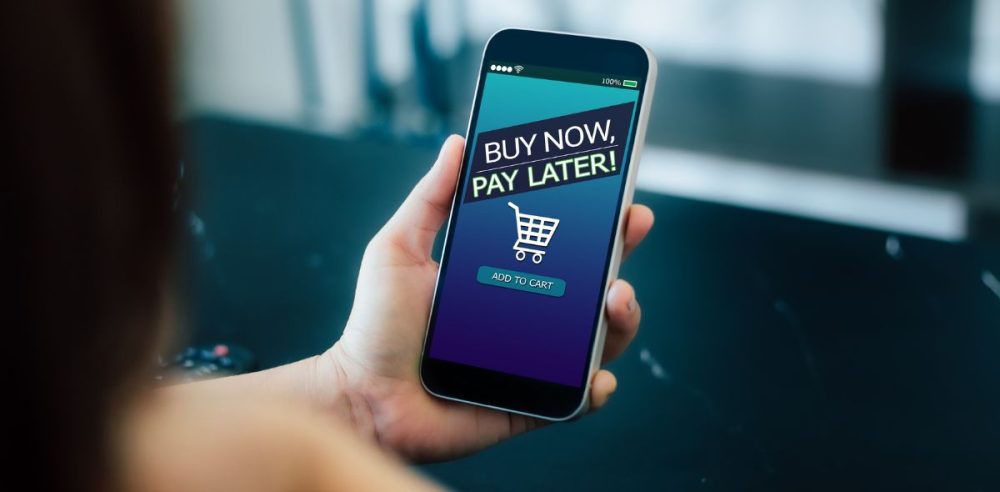As holiday shopping ramps up, the appeal of ‘Buy Now, Pay Later’ (BNPL) services is more prominent than ever. With inflation pressures still affecting wallets and credit card debt at an all-time high, many shoppers are increasingly turning to BNPL to spread out their payments over time.
According to Adobe Analytics, the use of BNPL will surge by 11.4% this holiday season, with an estimated $18.5 billion in purchases made through these services between November 1 and December 31. Consumers are expected to spend nearly $1 billion on Cyber Monday alone using BNPL options.
BNPL plans are especially attractive to younger consumers or those with low credit scores, as these services often involve soft credit checks that don’t impact credit reports. Unlike traditional credit cards, BNPL services, such as Klarna, Afterpay, and Affirm, typically don’t report loans to credit bureaus.
These services can seem like an appealing way to manage holiday spending without the traditional hurdles of credit approval.
Moreover, BNPL services now offer greater consumer protections. The Consumer Financial Protection Bureau (CFPB)has implemented new rules to ensure these companies follow similar guidelines to traditional credit providers, including providing avenues for refunds and transaction disputes.
These changes aim to make consumers feel more secure when using BNPL for their purchases.
However, experts warn that BNPL can be a double-edged sword. If consumers opt to pay for BNPL services with a credit card, they risk accruing additional interest and fees. Many credit card companies charge interest on balances carried over month to month, which can compound the costs of the BNPL loan.
Furthermore, if the BNPL plan itself includes late fees or interest charges, the shopper could end up paying far more than they anticipated.
Consumer advocates also caution that BNPL can contribute to overspending. While paying in installments may feel easier, it can lead shoppers to make additional smaller purchases they might not otherwise afford.
Without a central tracking system like credit card statements, it can be difficult to monitor the cumulative cost of multiple BNPL transactions, leading to potential financial strain.
Mark Elliott, chief customer officer at LendingClub, explains that BNPL can be an innovative tool for necessary purchases, but it’s important for consumers to use it responsibly. “The challenge is that it can fuel overspending, especially during a time of year when temptation is high,” Elliott states. While BNPL may offer short-term convenience, careful budgeting and awareness of hidden costs are key to avoiding financial pitfalls.
This article was written with the assistance of artificial intelligence.


